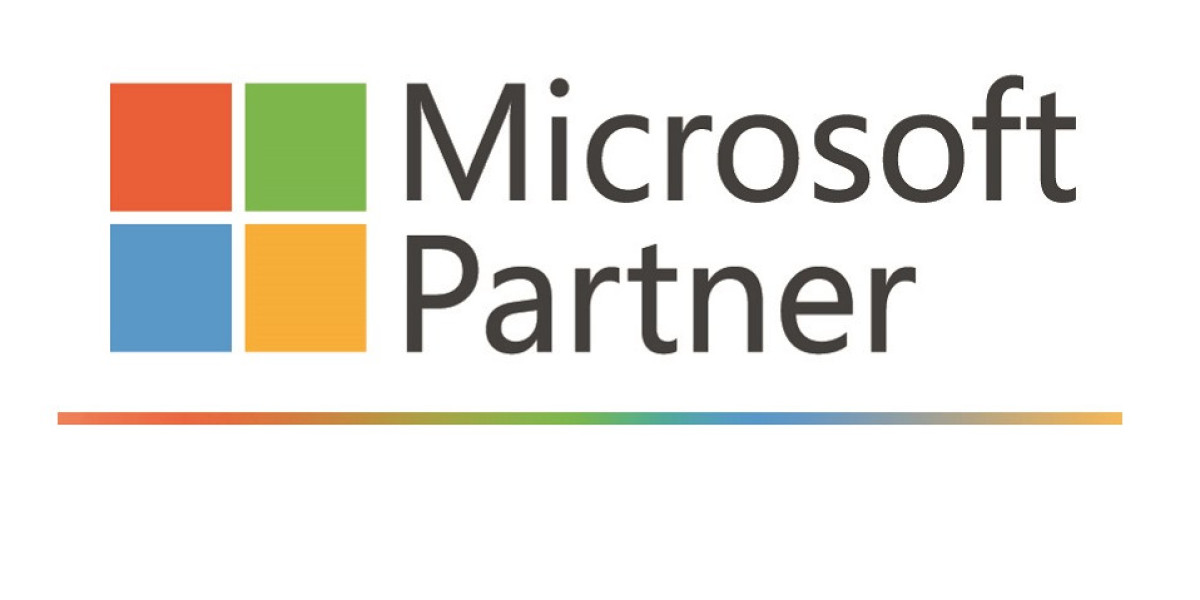In recent years, open banking has emerged as a transformative force in the financial services industry, revolutionizing how banks, FinTech companies, and consumers interact with financial data and services. This article explores the profound impact of open banking on FinTech software development, highlighting key trends, opportunities, challenges, and the evolving landscape of financial technology.
Understanding Open Banking
Open Banking Defined: Open banking refers to the practice of banks and financial institutions opening their APIs (Application Programming Interfaces) to third-party developers, allowing them secure access to customer financial data. This enables innovative FinTech solutions to be built on top of traditional banking infrastructure, enhancing competition, transparency, and consumer choice.
Key Components of Open Banking:
APIs and Data Access: Banks expose APIs that provide secure access to customer account information, transaction history, and other financial data. FinTech developers can leverage these APIs to create personalized financial management tools, payment solutions, and lending platforms.
Consumer Consent and Control: Open banking frameworks prioritize consumer consent and control over their financial data. Customers can grant and revoke access to their data, ensuring privacy and security while benefiting from tailored financial services.
Innovation Ecosystem: Open banking fosters collaboration between banks, FinTech startups, and other third-party developers. This collaborative ecosystem drives innovation, accelerates product development cycles, and delivers customer-centric financial solutions.
Impact of Open Banking on FinTech Software Development
Enhanced Financial Services: FinTech software development thrives on access to real-time financial data facilitated by open banking APIs. Developers can build applications that offer comprehensive financial insights, budgeting tools, automated savings solutions, and personalized investment advice based on individual transaction histories.
Improved Customer Experience: Open banking enables FinTech companies to deliver seamless, integrated financial experiences. By consolidating data from multiple financial institutions into a single interface, software developers can create unified dashboards that empower users to manage their finances holistically.
Innovation in Payments and Transactions: Open banking APIs facilitate faster, more secure payment solutions and transaction processing. FinTech software development leverages these capabilities to build peer-to-peer (P2P) payment platforms, cross-border remittance services, and frictionless checkout experiences for e-commerce.
Data-Driven Insights and Analytics: Access to granular transaction data through open banking APIs empowers FinTech developers to deploy advanced analytics and machine learning algorithms. These technologies provide actionable insights into consumer behavior, risk assessment models for lending, and predictive analytics for financial planning.
Challenges and Considerations
Security and Privacy: Ensuring robust security measures and compliance with data protection regulations (e.g., GDPR in Europe) is paramount when accessing sensitive financial data through open banking APIs. FinTech software development must prioritize cybersecurity protocols, encryption standards, and secure data storage practices.
Regulatory Compliance: Open banking initiatives are subject to regulatory frameworks that vary by region. FinTech developers must navigate complex regulatory landscapes, obtain necessary licenses, and adhere to compliance requirements to operate legally and sustainably.
Integration Complexity: Integrating diverse banking APIs and ensuring seamless interoperability across different financial institutions can be challenging. FinTech software development teams require expertise in API integration, data normalization, and systems architecture to deliver reliable and scalable solutions.
Case Studies: Open Banking Driving FinTech Innovation
1. Revolut: The digital banking platform leverages open banking APIs to offer users a comprehensive financial management app with budgeting tools, cryptocurrency trading, and global money transfers.
2. Plaid: A FinTech infrastructure company that connects traditional banking data to applications through APIs, enabling financial services like Venmo, Robinhood, and Acorns to connect with users' bank accounts.
Future Trends and Conclusion
Looking ahead, the impact of open banking on FinTech software development is poised to expand further. Future trends may include the adoption of decentralized finance (DeFi) solutions, blockchain-based payment systems, and AI-driven financial services that leverage open banking data for enhanced automation and personalization.
In conclusion, open banking represents a paradigm shift in the financial services industry, catalyzing innovation and collaboration between banks and FinTech developers. By embracing open banking APIs and leveraging them effectively, FinTech software development can unlock new opportunities, deliver innovative solutions, and empower consumers with greater control over their financial lives in the digital era.
By staying abreast of regulatory developments, investing in cybersecurity measures, and fostering a culture of innovation, FinTech companies can capitalize on the transformative power of open banking to drive sustained growth and competitive advantage in the evolving financial technology landscape.



